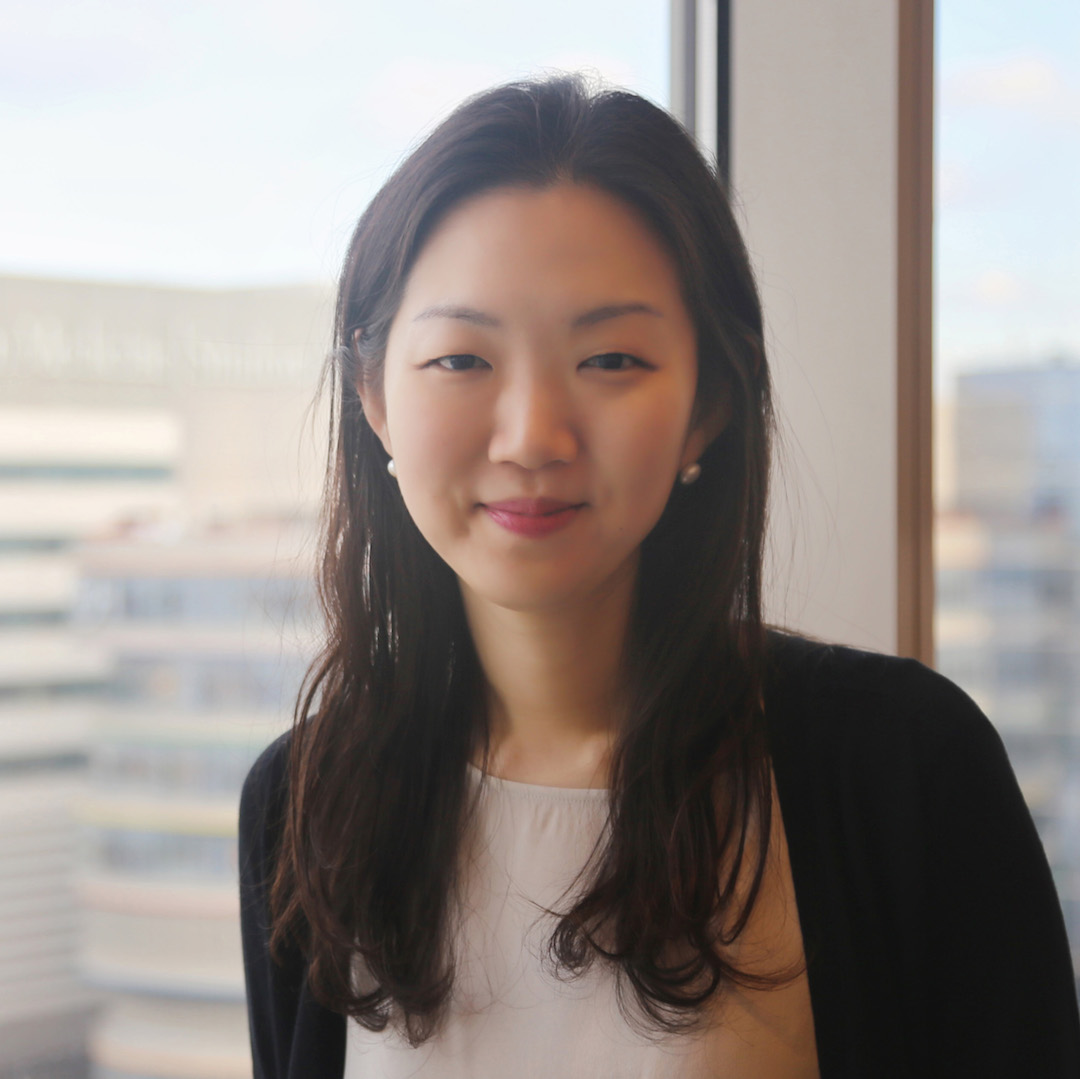
Assistant Professor, Pharmacology
Tell me a little about your research and what lead you to your field?
It was during my PhD studies that I discovered my passion for pancreatic cancer research in the lab of Dr. Dafna Bar-Sagi. Pancreatic cancer remains a deadly disease, with a five-year survival rate of 10% and a poor response to all current treatments. One of the most unique features of pancreatic cancer is the presence of prominent non-cancer cell elements in the tumor mass, called stroma. My lab is studying tumor-stroma interactions to discover what makes pancreatic cancer so deadly and to develop novel therapeutics aimed at manipulating these dynamics.
Tell me about your college education- where did you get your bachelor's degree? Masters? further degrees?
I grew up in Korea, and came to the United States for graduate school. After a Ph.D. from New York University, I did my postdoc in the laboratory of Dr. M. Celeste Simon at the University of Pennsylvania.
Did you go to college with the intention of getting the job you have now? If not, explain how you came to the position you're in now at the university. Any other jobs lead you here?
I have always liked science, and wanted to be a scientist. My childhood fascinations have become my profession.
How do you like working on a university campus?
Michigan Pharmacology offers a unique take on multidisciplinary research. My lab also belongs to a highly collaborative group of researchers studying different aspects of pancreatic carcinogenesis. I feel very fortunate to work in an exceptionally supportive and interactive environment at Michigan.
Is there anything else about your life that you'd like to share?
I enjoy travelling and exploring other perspectives and cultures. I also like cooking and baking.
Do you have any advice about the college experience that you would offer to students who intend to go to graduate school in order to obtain a doctorate?
You need to be resilient to be a scientist. Things do not always work out as you would like. If you are passionate about science, you should not give up when things get though.
What is your mentorship style?
I think that trust and enthusiasm are the essential ingredients of a successful mentor-mentee relationship, and that mentors should encourage trainees to think independently and critically.

